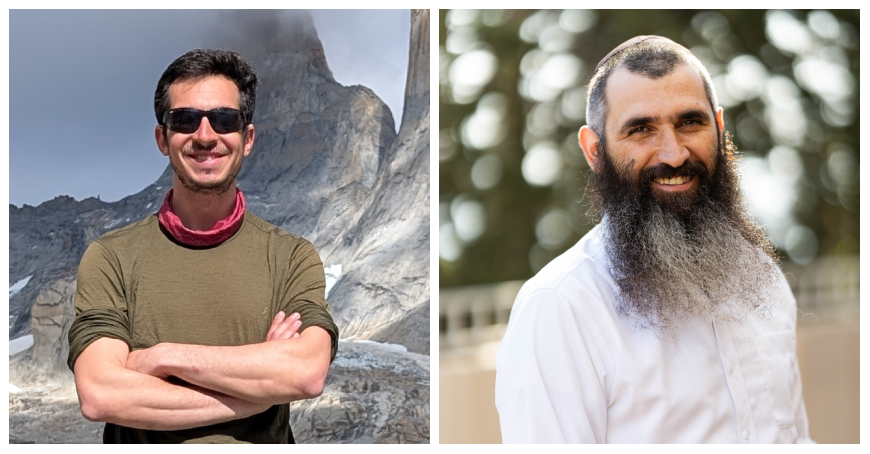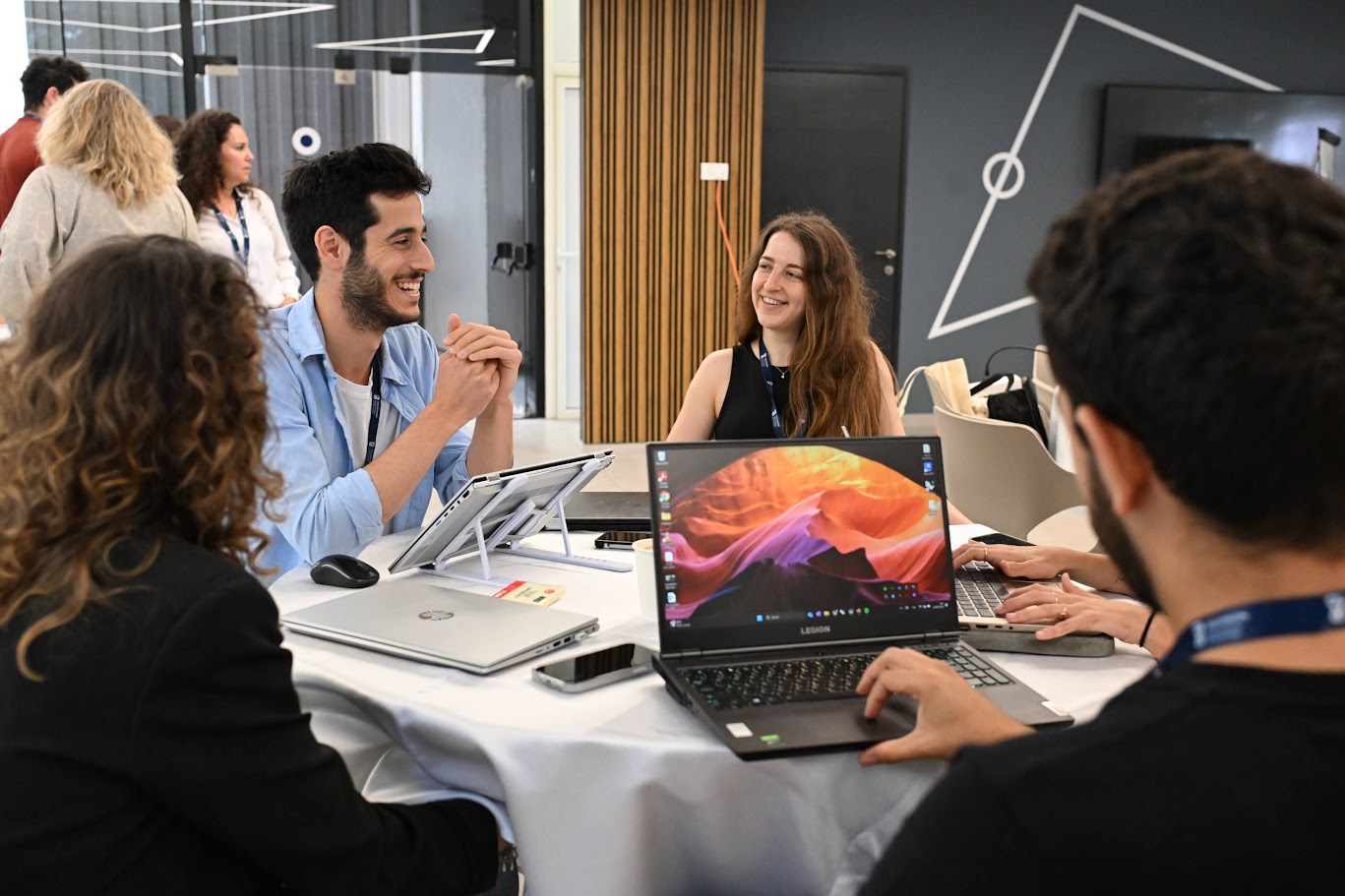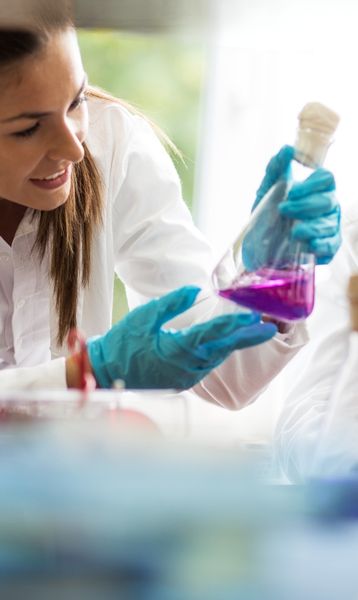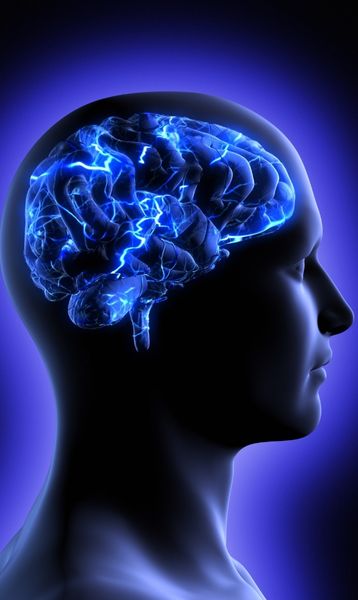חלון להייטק
יריד התעסוקה הטכנולוגי של הטכניון התקיים אתמול בקמפוס

פרופ' דוד איזנברג מהטכניון במאמר בכתב העת Science: מבנים נקבוביים כבסיס להתפתחותו העתידית של עולם האנרגיה

מדד שנחאי התחומי מציב את הטכניון במקום ה-21 בעולם בהנדסת חלל ואווירונוטיקה, בכימיה במקום ה-41, בהנדסת חשמל ואלקטרוניקה במקום ה-43 ובתחומי הרובוטיקה, הפיזיקה והמתמטיקה בין מאה האוניברסיטאות הטובות בעולם בתחום ה-AI, שנוסף השנה לדירוג, דורג הטכניון במקום הראשון בישראל

ערב חשיפה לתארים מתקדמים בפקולטה למדע והנדסה של חומרים
22.12.2025 שני, בשעה 18:30
הוספה ליומן

טכניון על הבר - כימיה ובינה מלאכותית
23.12.2025 שלישי, בשעה 20:00
הוספה ליומן

מוסיקה מדע והשראה | עונה 4 - קוד הזכרון
14.01.2025 שלישי, בשעה 12:30
הוספה ליומן

תערוכת "מראות מקום"
02.11.2025 ראשון, בשעה 09:00
הוספה ליומן

תערוכת הצילום "טבע בקמפוס"
16.07.2025 רביעי, בשעה 09:00
הוספה ליומן
100000
בוגרים
18
פקולטות
15000
סטודנטים
60
מרכזי מחקר
ברחבי הקמפוס